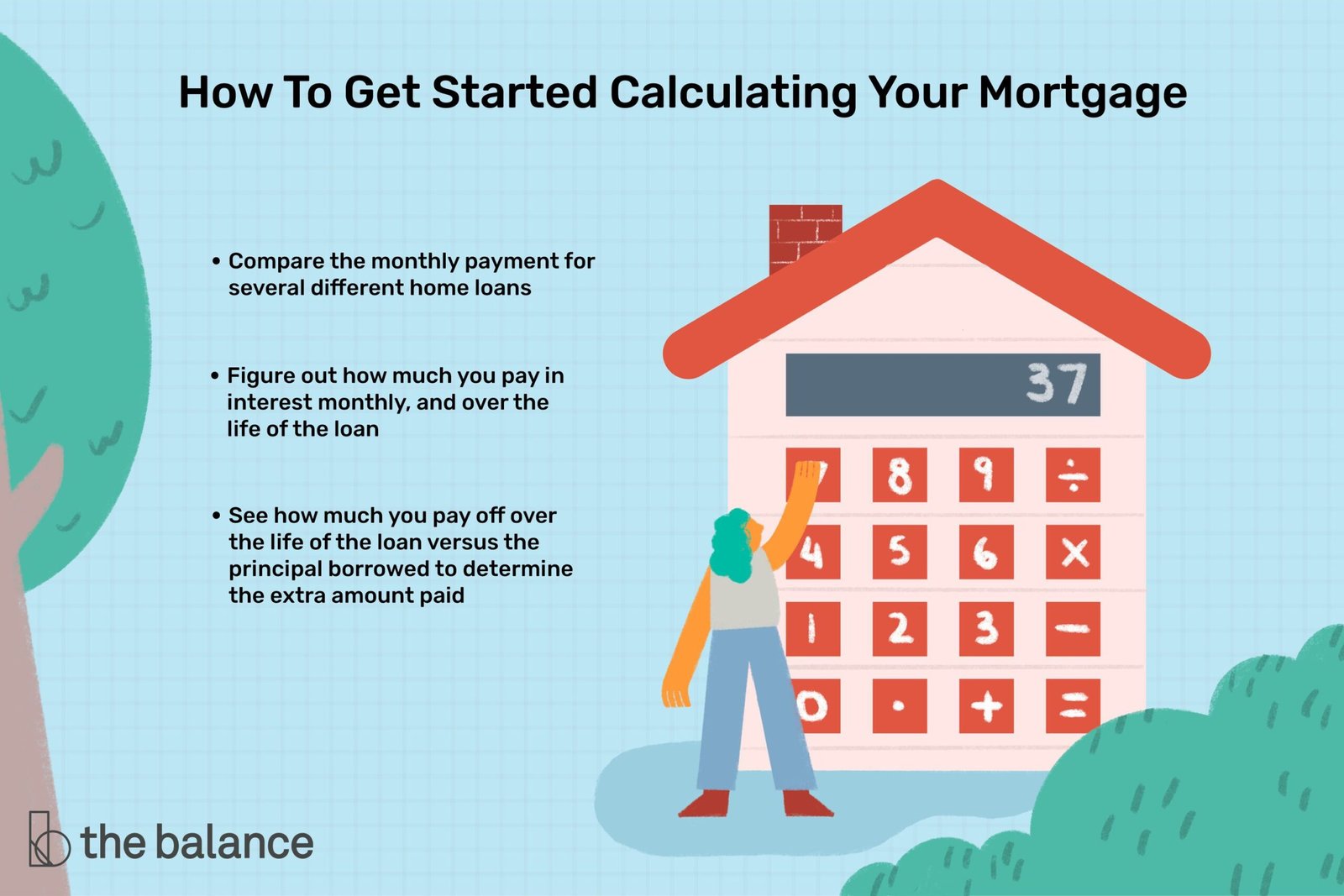How much mortgage can i qualify for?
There are several factors that affect the amount of mortgage you can qualify for, including:
Your credit score.
The amount of your down payment.
Your debt-to-income ratio (DTI).
A higher DTI means that lenders are looking at your monthly expenses and income and determining whether you can afford to pay them all. If they don’t think you can, they’ll need a larger down payment or higher credit score to feel comfortable lending you money.
If you’ve never owned a home before, you may be surprised to learn that lenders will look at your debt-to-income ratio when deciding whether or not to approve your mortgage application.
The debt-to-income ratio is the percentage of your income that’s spent on paying off debts like credit cards and car payments. Lenders want to know that if something goes wrong, such as job loss or medical emergency, you’ll still be able to afford your monthly mortgage payment.
If you’re self-employed and do not have a W-2 form to prove your income, consider getting a letter from an accountant or tax preparer who can show how much money you made in the past year. You’ll need this letter when filling out your mortgage application.
The first thing you need to do is find out how much mortgage you can qualify for. This will depend on your income, the amount of money you have saved for a down payment, and the size of your current mortgage payment.
The best way to get an idea of what you can afford is by using a mortgage calculator. These calculators are available from a number of websites, including Bankrate and Zillow. They take into account variables such as your income, debt and savings, along with the price of homes in your area and interest rates on loans being offered by lenders. You can then compare this information with the amount of money you’re trying to borrow.
Another good resource for people who want to buy a home is their local real estate agent. Agents typically work closely with lenders who offer home loans in their area — they know what type of loan each lender offers and how much they’re willing to lend based on certain criteria such as the borrower’s credit score, income and employment history.”
To qualify for a mortgage, you’ll need to have a good credit score and enough income to cover your monthly payments. But how much do you need? The size of your down payment will also affect the amount of mortgage you can get.
Here are some guidelines that may help you figure out how much house you can afford:
Down payment: 20% down payment is required for conventional loans. However, with FHA and VA loans, only 3.5% is needed for VA loans and just 3% for FHA loans.
Mortgage insurance: With conventional loans, mortgage insurance is required if the loan-to-value ratio (LTV) is more than 80%. Mortgage insurance premiums are typically 0.5% of the value of the loan amount. With other types of loans, such as FHA and VA, you don’t have to pay PMI unless there’s less than 20% equity in the home after closing.
Credit score: Most lenders require a credit score above 620 to qualify for an FHA loan or above 680 to qualify for conventional financing. But lenders may have their own minimum requirements, so it’s best to check with them directly before applying.
The answer to this question depends on many things, including your credit score, income and the type of property you are buyi
ng. The bank or lender will look at your ability to repay a loan and if they think you can afford it, they will approve you for that amount.
How much can I borrow?
The maximum amount that you can borrow is determined by two factors:
The value of the property (the price tag)
Your income (your salary)
You can get a mortgage loan from a bank, credit union or other financial institution.
To qualify for a mortgage, you must show that you have enough income to repay the loan and have enough assets to meet any down payment requirements. You also must be up-to-date on your mortgage payments and credit card bills.
Banks typically require that your monthly housing expense — including both principal and interest payments — not exceed 28% of your gross monthly income (before taxes). For example, if you earn $5,000 per month, your monthly housing expense cannot exceed $1,400 (28% of $5,000).
Financial institutions may use slightly different ratios when determining how much to lend you. And some may use higher ratios if t
hey view you as a riskier borrower or if they think there’s strong competition for their loans among borrowers who are more likely to repay them.
Mortgage Qualification vs. Mortgage Prequalification
Mortgage qualification is the process of verifying that you have sufficient income and assets to qualify for a mortgage. This determination should be made before you apply for a loan and can help ensure that you don’t waste your time applying for loans that you will not qualify for.
Mortgage prequalification is similar to mortgage qualification, but it also includes an estimate of how much money you can borrow based on what your real estate agent believes your home is worth. Mortgage prequalification doesn’t require an actual appraisal or inspection of the property, since it’s usually done prior to finalizing a purchase agreement on the home.


